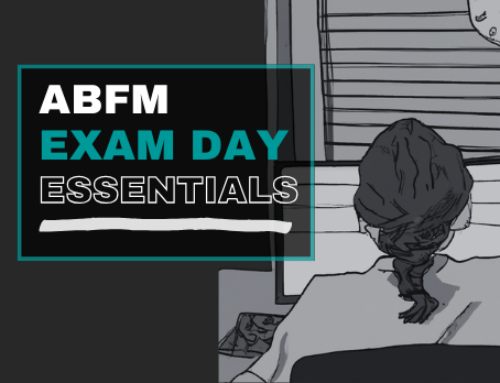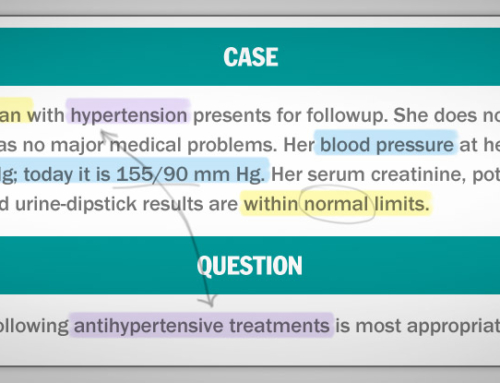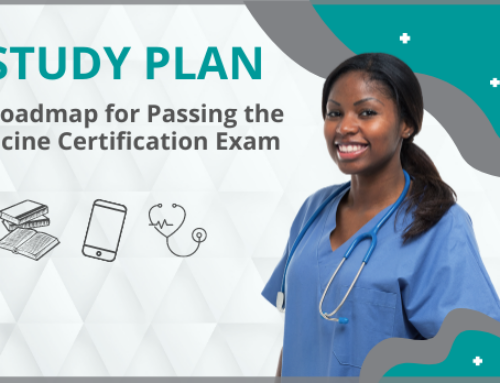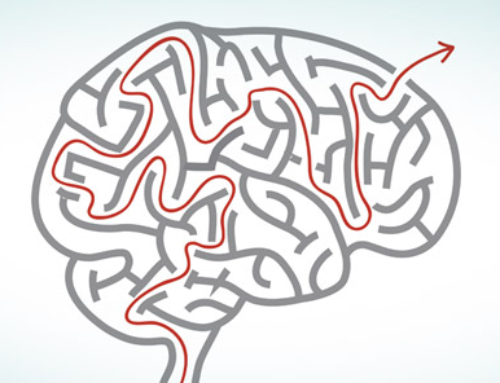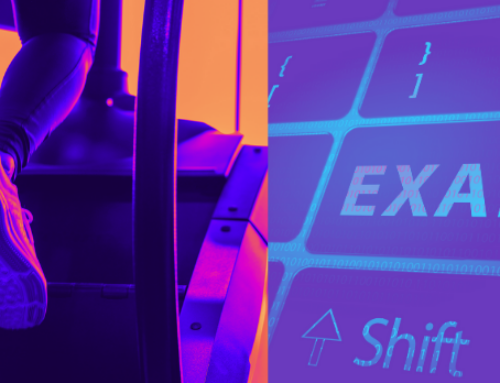In Part 4 of our Q&A with Area9 Learning founder and CEO Ulrik Christensen, MD, we learned about specific Area9 innovations aimed at more effective learning and long-term retention of information. Here in our final installment, Christensen discusses how medical professionals can expect to benefit from adaptive learning technology both in lifelong medical learning and in medical board review.
Does NEJM Knowledge+ enable physicians to spend less time preparing for their medical board review exams?
No, adaptive learning is not magic, and this is a very important thing to understand.
Broadly speaking, people need to study much more than they think they do. To a physician who is under pressure because of an upcoming board exam, an adaptive learning system may feel like more work than a traditional study method because the system will be better than they are at identifying what they don’t know and need to study more. But, if adaptive systems don’t make people study harder than they otherwise would, I don’t think they would work very well.
Physicians are still going to need to do all the hard work of assessing their knowledge and studying what they don’t know for the board exam. But NEJM Knowledge+ will guide people through all the hard work they need to do in a very structured, fact-driven, and efficient way.
We often talk about the concept of the high-impact minute. If you were to spend just one more minute, how should you spend it? When people are studying, they don’t typically see the world this way. They think, “Okay, I have to read this chapter,” but what if the entire chapter is not of equal value? Each person should be able to decide what to study next based on what is most valuable to them personally. That is how we help physicians with medical board review, by showing them the best way to spend their next minute and every single minute thereafter. We constantly direct physicians to do the most important things first. NEJM Knowledge+ won’t necessarily save you time, but it will improve the value of how you spend your time and the probability that you will achieve the outcomes you desire.
Will it be possible for the New England Journal of Medicine to extract metadata from NEJM Knowledge+ as a means to identify common gaps in medical knowledge and inform future editorial strategy?
Yes, absolutely! Individual performance data will always be anonymous and protected, but it is quite possible for NEJM Group editors to see aggregated performance data that may help them identify knowledge gaps or learning problems in medicine.
We are definitely doing this elsewhere and aggressively driving investment of education dollars based on how people perform in our systems. Every new investment is being driven by hard data on where educational performance needs to improve. I think the world will become a better place if the same thing happens with NEJM Knowledge+.
We hope you’ve enjoyed this Q&A series about the collaboration between Area9 Learning and NEJM Group to create a platform to help physicians with lifelong learning and medical board review. If you’re just joining the series here, we encourage you to check out:
- Part 1: A Journey from Preventing Medical Errors to Adaptive Learning
- Part 2: What It Means to Be State-of-the-Art in Adaptive Learning Software
- Part 3: Modifying Adaptive Technology for Medical Education
- Part 4: Physicians Forget: How Adaptive Learning Aids Physicians’ Long-Term Memory
We also welcome your comments and hope you will share your experiences with us.



